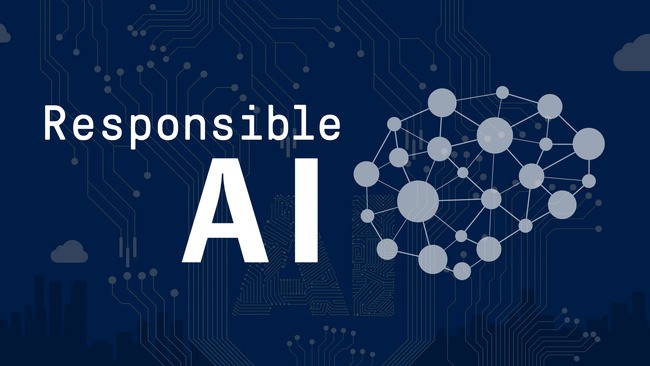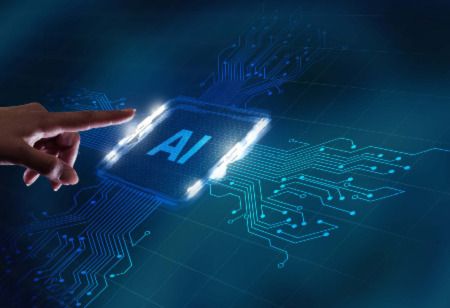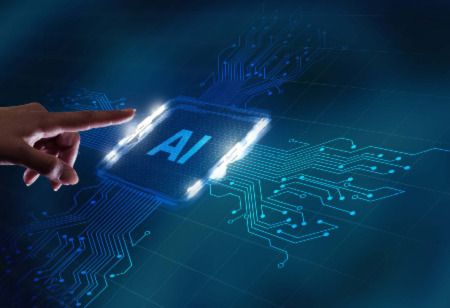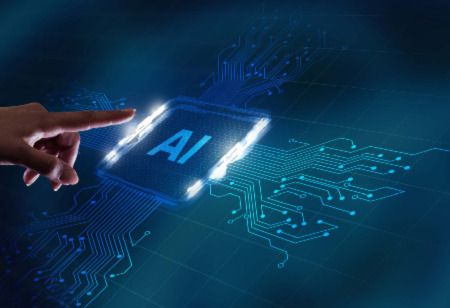What is Responsible AI? A Guide to Ethical AI Development

Strong 8k brings an ultra-HD IPTV experience to your living room and your pocket.
In recent years, artificial intelligence (AI) has transformed numerous sectors, from healthcare to finance, enhancing efficiency and innovation. However, with great power comes great responsibility. As AI technologies evolve, the ethical implications of their use have become paramount. This has led to the concept of Responsible AI, which focuses on ensuring that AI systems are designed and deployed in a way that is ethical, transparent, and beneficial to society.
Understanding Responsible AI
Responsible AI refers to the development and implementation of artificial intelligence systems that prioritize ethical considerations and societal impact. This involves addressing issues such as bias, privacy, accountability, and transparency. The goal is to create AI that not only meets technical standards but also aligns with moral values and societal norms.
Key Principles of Responsible AI
1. Fairness: AI systems should be designed to minimize bias and discrimination. This involves using diverse datasets and regularly testing algorithms for fairness across different demographics.
2. Transparency: Users should be able to understand how AI systems make decisions. This can be achieved by developing explainable AI models that provide insights into their functioning.
3. Accountability: Organizations must take responsibility for their AI systems, ensuring that there are mechanisms in place to address any negative consequences that arise from their use.
4. Privacy: Responsible AI respects user privacy and ensures data protection. This includes implementing robust data governance frameworks and obtaining informed consent from users.
5. Safety: AI systems should be designed with safety in mind, preventing harm to users and society. Continuous monitoring and risk assessment should be part of the development process.
The Role of EthosAI in Responsible AI
EthosAI is at the forefront of promoting Responsible AI practices. As an organization committed to ethical AI development, EthosAI focuses on creating frameworks and tools that support organizations in building AI systems that adhere to responsible guidelines. Their approach emphasizes collaboration among stakeholders, including developers, policymakers, and communities, to ensure that AI technologies are designed with ethical considerations in mind.
EthosAI advocates for the integration of ethical principles throughout the AI lifecycle, from initial design to deployment and beyond. They provide resources and guidance to organizations seeking to align their AI initiatives with responsible practices. By fostering a culture of ethical awareness, EthosAI aims to empower organizations to make informed decisions regarding the use of AI technologies.
Challenges in Achieving Responsible AI
Despite the growing awareness of Responsible AI, several challenges persist:
1. Bias in Data: Many AI systems are trained on historical data, which can perpetuate existing biases. Addressing this issue requires ongoing efforts to ensure that datasets are representative and unbiased.
2. Lack of Regulations: The fast-paced nature of AI development often outstrips existing regulatory frameworks. Establishing clear guidelines and standards for responsible AI is essential to mitigate risks.
3. Complexity of AI Systems: As AI systems become more complex, understanding their decision-making processes becomes increasingly difficult. This can hinder transparency and accountability.
4. Stakeholder Engagement: Ensuring that diverse voices are included in the AI development process is crucial. Engaging with communities affected by AI technologies can help identify potential risks and benefits.
The Future of Responsible AI
The future of AI lies in its ability to serve humanity ethically and responsibly. As organizations increasingly recognize the importance of Responsible AI, we can expect to see more comprehensive frameworks and practices emerge. Collaboration between industry leaders, policymakers, and advocacy groups will be vital in shaping the future of AI.
EthosAI will continue to play a pivotal role in this evolution, guiding organizations toward ethical AI development. By prioritizing responsible practices, we can harness the transformative power of AI while ensuring that it contributes positively to society.
Conclusion
Responsible AI is not just a trend; it is an essential framework for the ethical development and deployment of AI technologies. By embracing principles such as fairness, transparency, accountability, privacy, and safety, organizations can create AI systems that align with societal values. Initiatives like EthosAI are instrumental in promoting these principles, helping to navigate the complexities of AI in a way that benefits everyone. As we move forward, the commitment to Responsible AI will be crucial in building trust and ensuring that AI serves as a force for good in our world.
Note: IndiBlogHub features both user-submitted and editorial content. We do not verify third-party contributions. Read our Disclaimer and Privacy Policyfor details.







